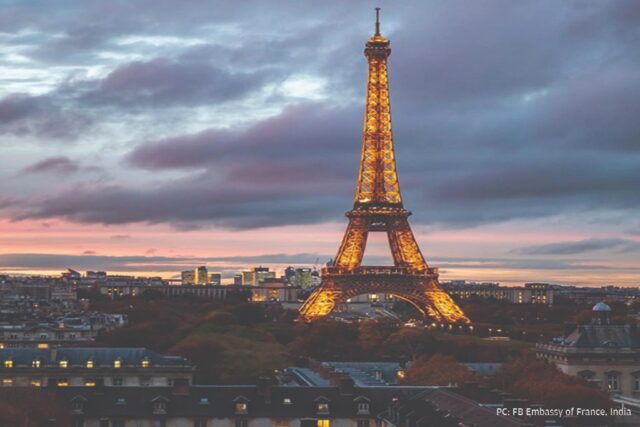The French government reviewed its coronavirus restrictions and have raised the alert to the maximum. They have focused on closing down places of recreation like bars, gyms, and swimming pools in order to bring down the COVID cases. Universities are limited to 50 percent of their capacity and shops and malls must ensure density is restricted to 4 square meters per customer. Working from home must be prioritized. Moreover, all venues open to the public that do not have strict health procedures are going to be closed. Theatres, cinemas, and restaurants have already implemented strict procedures and may therefore remain open. The country’s “maximum alert” reached when the weekly incidence rate exceeded 250 new cases per 100,000 inhabitants and COVID-19 patients represent at least 30 percent of those in intensive care unit beds. A toll-free hotline service (French only) can answer your questions about the Coronavirus non-stop, 24 hours a day, 7 days a week: 0 800 130 000 (from abroad: +33 800 130 000, depending on your operator).
As of Friday, 28 August 2020, and until further notice, wearing a face mask is compulsory in public areas and enclosed spaces, throughout the city of Paris and in the inner suburbs of Seine-Saint-Denis, Hauts-de-Seine, and Val-de-Marne, if not, they will be penalized with a fine of 135 euros. Departments in which coronavirus cases are rising can now be considered ‘red zones’, which permits authorities to increase anti-coronavirus measures. Marseille, Guadeloupe, Paris, and therefore the departments of Hauts-de-Seine, Seine-Saint-Denis, and Val-de-Marne are in critical alert zones.
Not only Paris but also countries like Germany, Italy, Spain, Greece, Ireland, Portugal, and the Netherlands have been experiencing rising cases of the virus. All of these places have made masks obligatory in public spaces and most of the workplaces as well. Shops and restaurants are to be open till 22:00 across the country. Spectators at sports events have been banned, more than 3-5 people at social gatherings at home are banned. Coronavirus cases are rising so rapidly in Europe that the World Health Organization warned last week that there was a “very serious situation” unfolding within the region, calling the resurgence in infections a “wake up call”. The coronavirus developments have impacted European markets, with the pan-European Stoxx 600 index down 2% in early trade Monday, fading all hopes of a market rebound any time soon. With Coronavirus cases having surpassed the 31 million mark and almost 1 million deaths globally, the possibility that ‘second waves’ or indeed, first waves that were never actually brought under control will continue to weigh on the economic and policy outlook.









